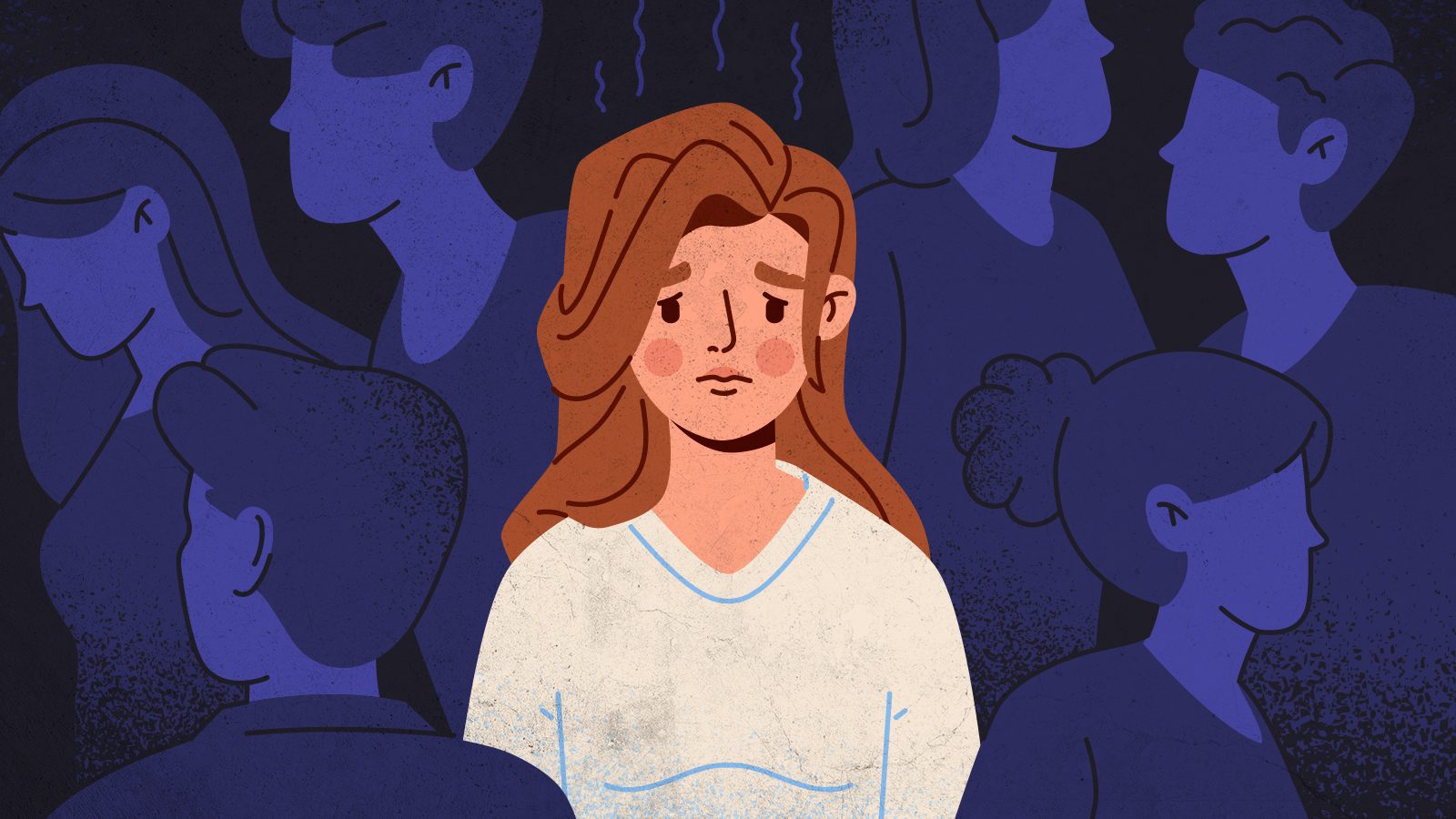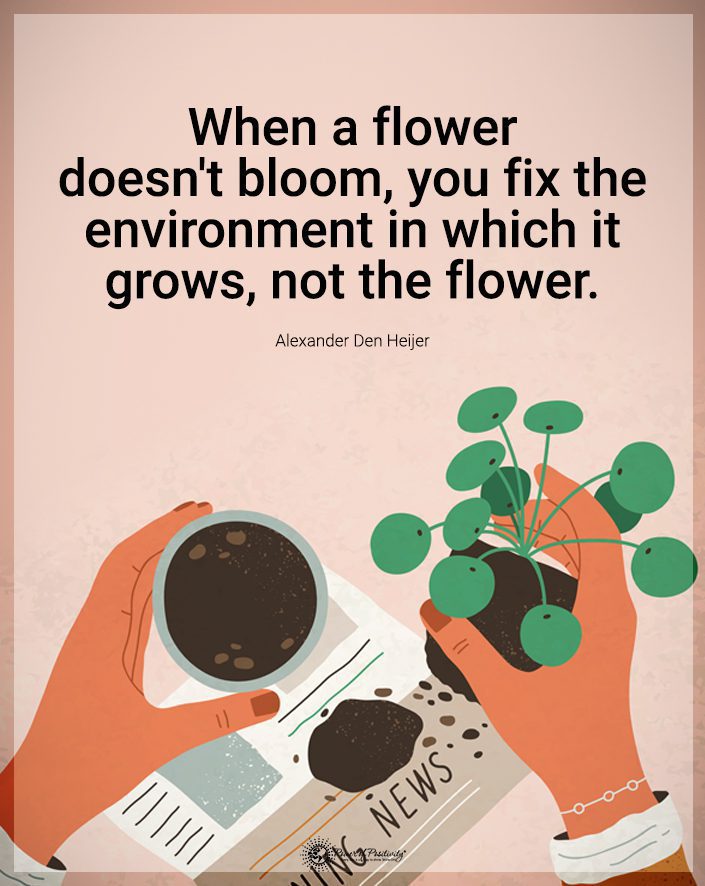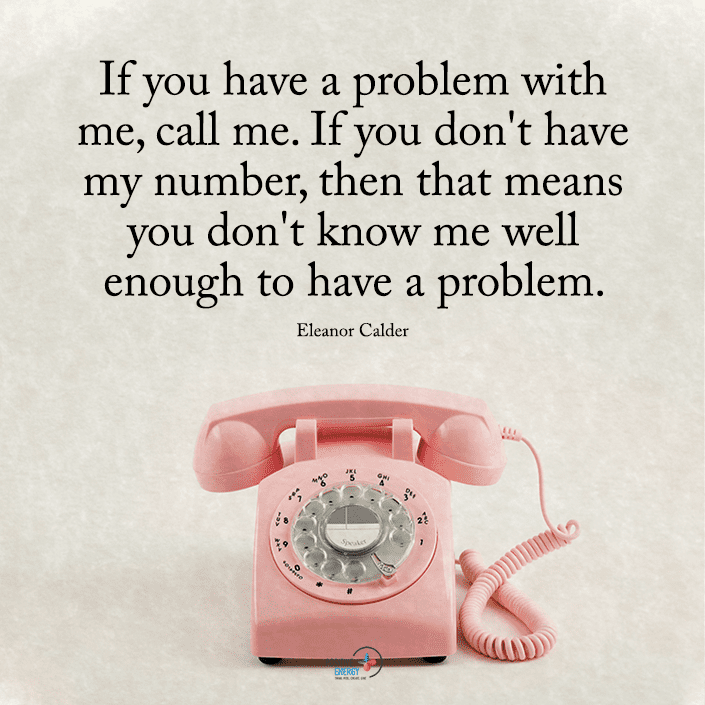Introvert exhaustion, also known as social burnout, can occur when introverts spend too much time in social or stimulating environments. This leads to fatigue, irritability, and a decreased ability to function. As a result, introverts tend to recharge their energy by being alone or in small groups rather than in large, stimulating environments.
Introverts may get exhausted after being socially active because social interactions can be mentally and emotionally taxing. Introverts prefer quieter and less stimulating environments, and being in social situations for extended periods can be draining. In addition, being in a large group or participating in small talk can be overwhelming for introverts.
They may feel the need to be “on” and engaged constantly. As a result, they can become mentally and emotionally exhausted, leading to feelings of exhaustion. Additionally, introverts often rely on alone time to recharge their energy levels. When they cannot get enough alone time, they may become exhausted.
Introverts have a lower threshold for releasing the stress hormone cortisol than extroverts. Cortisol is released in response to stress and can cause physical and emotional exhaustion if the levels are too high for a prolonged period. If you are experiencing this, here are some tips to avoid introvert exhaustion.
10 Tips to Avoid Introvert Exhaustion
1. Set Boundaries
Setting boundaries is an essential aspect of avoiding introvert exhaustion. It involves setting limits on the amount of time you spend in social or stimulating environments and saying no to invitations or requests for social interaction when necessary. By setting boundaries, introverts can create space to recharge and rejuvenate their energy levels.
Clear communication is essential when it comes to setting boundaries. It’s especially important regarding the amount of time you can spend in social or stimulating environments. This can help others to understand and respect your needs and limits and can also help to avoid misunderstandings or conflicts.
2. Schedule Alone Time
Scheduling alone time is necessary for introverts and introverted individuals. It allows them to recharge and rejuvenate their energy levels. Alone time can include reading, meditating, journaling, exercising, or simply relaxing. During alone time, introverts can focus on their interests and hobbies and disconnect from the stimulation and demands of social environments. This can help reduce emotional exhaustion, fatigue, and irritability.
It is essential to schedule alone time regularly and to make it a priority. It can be helpful to set a reminder to schedule alone time and to be specific about what activities you want to do during that time. Creating a quiet space in your home where you can retreat when you need a break from social or stimulating environments can also be helpful.
3. Practice Self-Care
Self-care is an integral part of life, no matter if you are introverted, extroverted, or an ambivert. But it’s especially important for avoiding introvert exhaustion. It includes activities that help to nourish and rejuvenate the body and mind, such as exercise, meditation, and reading. By engaging in self-care, introverts can reduce feelings of fatigue, irritability, and a decreased ability to function.
Self-care refers to the practices and activities individuals engage in to promote their physical, emotional and mental well-being. It is essential to maintaining overall health and well-being and can help prevent burnout and emotional exhaustion. To practice self-care, you can engage in physical, emotional, and mental activities.
On the physical side, you can exercise regularly, eat a healthy diet, and get enough sleep. Emotionally, you can start Managing stress, practicing mindfulness and meditation, and engaging in activities that bring joy and pleasure.
4. Find Balance
Finding a balance between going out and staying in is essential for introverts to avoid feelings of isolation and emotional exhaustion. Both social interaction and alone time are significant for introverts, and it’s essential to find a balance that works for you.
Social interaction can provide a sense of connection and community, but it can also be mentally and emotionally taxing. Alone time, on the other hand, allows introverts to recharge and rejuvenate their energy levels.
Introverts need to find a balance that works for them. That way, they don’t feel overwhelmed by social interactions or isolated due to lack thereof. In addition, introverts tend to recharge their energy by being alone or in small groups rather than in large, stimulating environments. So, finding the balance between the two can be crucial for introverts’ well-being.
5. Avoid Overthinking
Overthinking can be a problem for anyone, regardless of whether they are introverted or extroverted. However, introverts may be more prone to overthinking because they focus on their inner thoughts and feelings. Overthinking can lead to mental and emotional exhaustion, which can consume a lot of mental energy and create stress and anxiety.
To avoid overthinking, engaging in activities that distract the mind, such as exercise, socializing, or pursuing a hobby, can be helpful. Additionally, practicing mindfulness and learning to focus on the present moment can also be effective in preventing overthinking.
6. Be Selective About Social Events
Being selective about social events can be beneficial for introverts. They may find socializing to be draining and in need of alone time to recharge. You should prioritize the most critical events, such as those with close friends or family. That way, you can attend the events that matter most while maintaining your energy levels.
It’s also helpful to set limits regarding how many social events you will attend in a week or a month. This can help you to avoid feeling overwhelmed and burned out. You can also consider the type of events you attend and whether they align with your introverted preferences.
If you enjoy small, intimate gatherings or one-on-one conversations, you may want to prioritize those events over large, crowded parties. It’s also important to remember that declining invitations is okay if you’re not feeling up to them. You don’t always have to be available for socializing.
7. Find a Support System
Having a support system of people who understand and accept your introversion can be very helpful in managing introverted exhaustion. These people can provide a safe space to recharge and relax and help you set boundaries and prioritize self-care. They can also help you navigate social situations and communicate your needs to others.
Additionally, having friends or family members who are also introverted can provide a sense of validation and understanding, which can be especially beneficial if you feel like you’re the only introverted person you know.
8. Take Breaks During Events
Planning and scheduling breaks during events can be an effective way to avoid introverted exhaustion. By thinking ahead and anticipating when you might need a break, you can proactively plan for those moments rather than waiting until you’re already feeling overwhelmed.
When scheduling your breaks, consider the type of event, the length of the event, and the level of social interaction. For example, if you know that a conference will be very social and you’re going to be in a lot of meetings, you might schedule more breaks throughout the day. You can also schedule breaks at regular intervals throughout the day, even if you don’t think you need them.
9. Learn to Manage Stress
Managing stress is a crucial way to avoid exhaustion for introverts and anyone else. When we experience stress, our bodies release hormones like adrenaline and cortisol, leading to physical and emotional symptoms such as fatigue, irritability, and difficulty concentrating. If stress is not managed, it can become chronic and lead to burnout and exhaustion.
By practicing self-care, finding alone time, and limiting exposure to over-stimulation, we can learn to manage stress healthily. Mindfulness practices such as meditation, yoga, or deep breathing can help introverts focus on the present moment and reduce stress. This can help to prevent stress from building up and leading to exhaustion.
Recognizing the signs of stress and taking action before it becomes overwhelming is also essential. If stress becomes overwhelming, don’t hesitate to seek help from a therapist or counselor. They can help you develop coping strategies tailored to your specific needs.
10. Communicate Your Needs
Communicating your needs is an effective way to prevent burnout and exhaustion. By expressing your boundaries and limitations, you can ensure you are not taking on more than you can handle. You can build stronger relationships with others and create a more supportive environment by expressing your needs.
As an introvert, communicating your needs may be more challenging because introverts tend to prefer solitude. They may find social interactions draining. However, it is still important to communicate your needs to prevent burnout and maintain healthy relationships. Sharing your needs as an introvert can be challenging because introverts tend to be more reserved.
When communicating your needs, be clear and direct about what you want or need. Avoid beating around the bush or leaving things unsaid. Give yourself time to think about your needs and how to communicate them before having a conversation.
Final Thoughts on Some Tips to Avoid Introvert Exhaustion
Introvert exhaustion is a common issue for those who are highly sensitive to social stimulation. Introverts tend to have a lower threshold for social stimulation and become easily overwhelmed and exhausted by prolonged social interactions or environments. They may find socializing and being in large groups to be mentally and emotionally taxing.
They need alone time to recharge their energy levels. Everyone has a unique level of introversion and extroversion. Some introverts may handle social interactions better than others, and some extroverts may need more alone time. To avoid introvert exhaustion, setting boundaries and prioritizing self-care is essential. This includes setting limits on social interactions, making time for solitary activities that bring you joy, and finding ways to recharge your energy levels.
Additionally, it’s essential to communicate your needs to others, whether it be asking for quiet time or expressing your preference for small-scale social gatherings. Remember, everyone’s experience with introversion is different, so it’s essential to listen to your own needs and be mindful of your limits.

















 Community
Community

